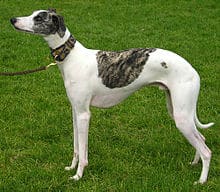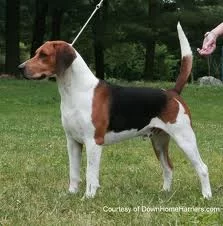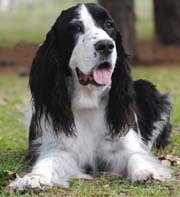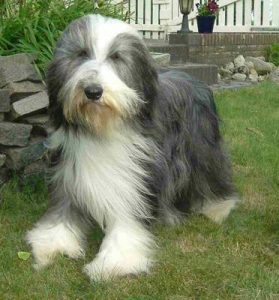Whippet
Whippet Rescue Saving and Rehoming Whippets

-
Breed Group : HOUND
-
Origin : England
-
Average Height : 18" - 22"
-
Average Weight : 18 - 28 lbs.
-
Life Span : 12 - 15 years
Photo Courtesy info : Whippet Rescue & Placement WRAP
-
Size
1 2 3 4 5 6 7 8 9 10 -
Energy
1 2 3 4 5 6 7 8 9 10 -
Intelligence
1 2 3 4 5 6 7 8 9 10 -
Ease of Training
1 2 3 4 5 6 7 8 9 10 -
Hypo-Allergenic
1 2 3 4 5 6 7 8 9 10 -
Shedding
1 2 3 4 5 6 7 8 9 10 -
Good with Kids
1 2 3 4 5 6 7 8 9 10 -
Good with Other Pets
1 2 3 4 5 6 7 8 9 10 -
Guard Dog
1 2 3 4 5 6 7 8 9 10








